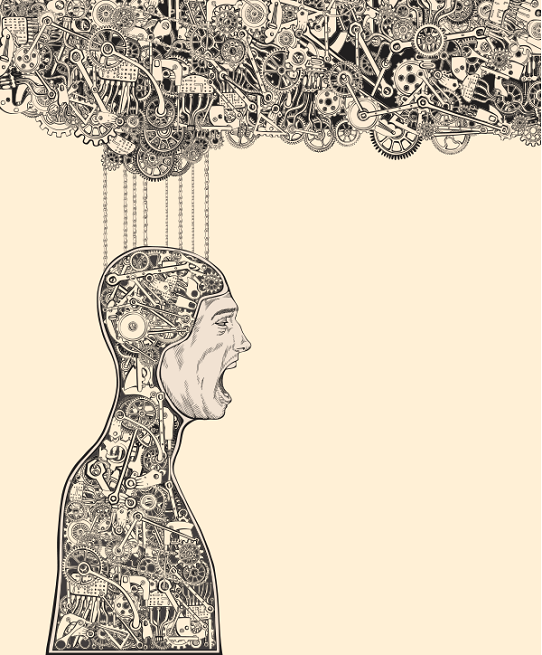Psychology is one of the newest branches of scientific knowledge because it lasts and defends its rights for self-existence and development. It is only in the last quarter of the 19th century that it separates itself from philosophy and sees itself as an independent science with its own development, its own principles, methods, categories, criteria and schools. Psychology as a new science can be found in the fact that the final results of psychological efforts are achieved too late. The two main problems of psychology were resolved only with the emergence of modern materialism and reflection theory. An accurate and objective method of studying mental phenomena has not been known in ancient times. The attribution of psychology to the categories of the new sciences is also based on the fact that its practical application has until recently been extremely limited and it almost did not go beyond the pedagogical practice and some branches of theoretical medicine.
It is only in recent decades that applied psychology has had a violent and explosive development. The actual penetration of psychological knowledge into all areas of life and social practice can only be observed to one degree or another only today. Psychological knowledge has the statute of the primitive man, but the psychological science is young, vibrant and fruitful - it is the science of our time and the science of the future. The connection of psychology to the other sciences is manifested on the one hand in that it uses their discoveries that relate to the essence of the psyche and on the other hand that it serves them with knowledge mainly about the psyche of the human. Psychology has the closest connection to philosophy. This relationship is determined by the materialist or idealistic explanation of the psyche. The primacy of the scientific philosophy on the process of psychological knowledge and especially the deliberate methodological regulation of the psychological research is carried out mainly with the aid or in the form of the philosophical-metological principles of psychology. these are philosophical postulates, laws, rules, dependencies, or requirements that guide, control the process of psychological knowledge. Different philosophical systems or separate principles, in various ways, affect or not excite the various psychological schools. On the process of psychological knowledge and the development of psychological science nowadays, the modern materialism rises.
The relationship of psychology to natural science arises from the need to use their discoveries to prove the material origin of the psyche. Psychology receives very valuable help from many different areas of natural science. Particularly significant is the aid of the biological sciences, starting with general biology, zoology and anthropology, and we get to the anatomy and physiology of the senses. Psychology receives methodological help above all from the most common ideas and ideas, from the conceptual levels of natural science. The essential factual material for the materialistic explanation of the psyche gives psychology, modern biochemistry, genetics, cybernetics. All discoveries of the natural sciences brilliantly confirm the materialistic understanding of the psyche as a function of complex brain activity. Psychology has an essential link with healing and medicine. The branches associated with medicine are: psychopathology dealing with the specific diseases and disorders and their symptoms and syndromes, clinical psychology and medical psychology, neurology and chiology. The relation of psychology to social science is determined by the fact that the person with his consciousness is a major figure in the material and spiritual life of society.

